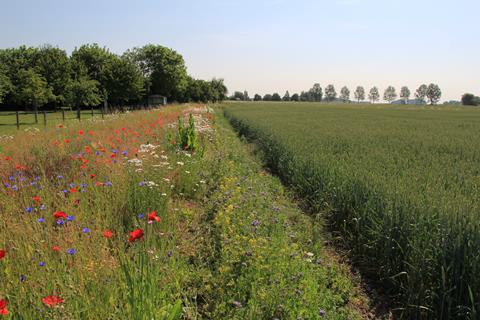
The continued lack of certainty over the future of the government’s Sustainable Farming Incentive is leaving many farmers “stranded”, industry experts have warned.
Former farming minister Daniel Zeichner had promised an update on the future of the scheme by late summer, after Defra controversially closed the post-Brexit farm subsidy scheme in March, citing the fact the it had attracted a “record number” of sign-ups and had reached its budget limit.
But in the wake of Zeichner’s sacking as part of the cabinet reshuffle in September, the farming sector is still waiting for further detail on the next iteration of the SFI.
Farmers were in limbo, suggested one senior farming sector source, with no agri-environmental subsidy schemes available to them, leaving many facing a financial shortfall as they plan for 2027.
The uncertainty over the SFI scheme was compounded by that many farmers’ Countryside Stewardship agreements will end in December, leaving them with “no clear pathway forward”, said the NFU last month.
Its comments were echoed by Country Land and Business Association deputy Gavin Lane, who told The Grocer: “We have no clear timeframe for the next round of the Sustainable Farming Incentive scheme, and we don’t know what’s going to happen to farmers coming out of Countryside Stewardship Mid-Tier in December.
“In order to meet the government’s plan for growth, Defra’s policies need to show a much clearer sense of direction.”
The industry source told The Grocer the situation meant farmers had been left “stranded”. In many cases “these are the very early adopters of agri-environment schemes, they are doing the right thing… it’s a bad look for the government”, they added.
The Grocer understands an announcement on the next tranche of the SFI was imminent earlier this month but was blown off course by the cabinet reshuffle that saw the appointment of a new Defra secretary, Emma Reynolds, and a new farming minister, Angela Eagle.
Defra is said to have been in flux, with industry insiders having warned that the upcoming budget, and associated constraints, will give ministers “some hard choices to make” over the future of the schemes.
“Updates on our reformed Sustainable Farming Incentive offer will be announced in due course,” said Defra this week.
It comes as Wales’ proposed Sustainable Farming Scheme, which drew significant criticism over a mandate for farmers to set aside 10% of their land to tree planting, now looks like it will have a far lower impact on the sector.
Welsh farmers undertook a series of protests last year to contest the scheme, which also included a proposal for a further 10% of land to be put aside for wildlife habitats. An impact assesment, published by the Welsh government, revealed the sector could lose as much as 10.8% of their livestock numbers and 11% of labour.
This was the equivalent of losing 5,500 jobs at current employment levels and up to £199m in farm business income a year, while cutting annual agricultural output by £125.3m.
However, an updated impact assesment published this week predicts cuts of about 5% in livestock and 4% in labour, with the Welsh government saying the numbers could even be an overestimate.
But despite the predicted lower impact of the reformed SFS, NFU Cymru president Aled Jones stressed it was still unacceptable.
“The economic modelling estimates a reduction in the number of jobs, income and production when compared to the previous iteration of the modelling. However, from our perspective the numbers projected this time around remain extremely concerning,” he said.
“There is, therefore, more work to do to support Welsh farming, as well as the businesses and communities that we underpin, alongside securing the critical mass of production from our farms that supports the £10bn food sector in Wales.”








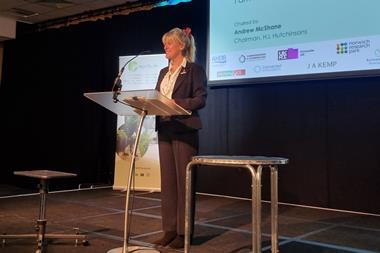
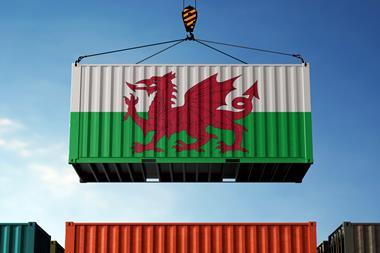
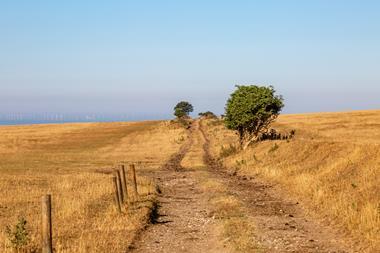
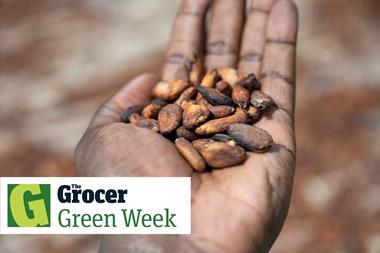







No comments yet